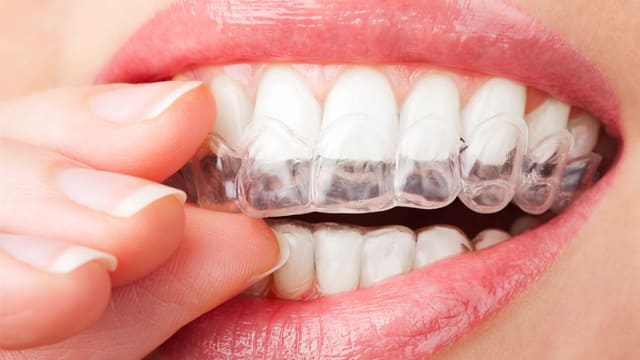
Bleeding gums while brushing or flossing can be a dental emergency case for many people. It may have a vast number of causes, some of which are serious and need to seek dental emergency treatment as soon as possible. Thus, if you are concerned about your mouth and teeth health, you would better meet with your dentist in no time.
Bleeding gums can be a sign of gingivitis, which, if left untreated, can eventually lead to advanced gum disease. The best way to understand the cause of bleeding gums is to see an emergency dentist. Thus, using appropriate emergency treatment methods when you realize the primary symptoms can help return the condition to normal and prevent advanced gum disease. Read more here to get useful information about dental emergency treatments.
Table of Contents
The Leading Causes Of Gingival Bleeding In Children And Adults Are As Follows:
Gum Disease
Gingivitis is considered the primary stage of gum disease. The plaque has formed on the teeth and in the gum line, and plaque removal is not possible by brushing and flossing. In fact, in these conditions, plaque affects teeth and gums’ health and causes gingivitis’ symptoms. Gums become swollen and tender, and they bleed while brushing and flossing. Proper brushing and flossing and regular dental examinations can help refine the problem at its early stage.
Taking Medication
Taking blood thinners is one of the possible causes of bleeding gums and teeth. These drugs can reduce the ability of blood to clot and causes rapid bleeding gums. Therefore, it is necessary to talk to the dentist and specialist about the treatment and possible medications before the situation gets an emergency case.
Oral Hygiene Habits
Poor oral hygiene, combined with not brushing and flossing daily, can cause plaque on the teeth and swollen gums. Note that dealing with this condition does not take long and the results of studies in this field show that if you don’t brush or floss properly, healthy gums may become inflamed and bleed for 24 to 36 hours.
New Flossing Habits
Changes in flossing habits can cause bleeding gums and teeth. For example, if a person forgets to floss for a few days, or if he or she flosses more often, he or she may experience some bleeding gums. However, these conditions usually resolve within a week.
When You Change The Toothbrush
Replacing a soft-bristled toothbrush with a strong-bristled toothbrush can cause bleeding gums and teeth. If you see these conditions, it is necessary to use a soft-bristled or normal-bristled toothbrush again and talk to the dental emergency office if needed.
Diet
Improper diet is not only harmful to your health, but your teeth may also have trouble. As a result, choosing a proper diet including fruits and vegetables and taking supplements of calcium, vitamin D, vitamin C, manganese, and anti-inflammatory substances such as fish oil, can play a beneficial role in the overall body and oral health.
Stress
Stress and anxiety can cause problems for the immune system and thus disrupt fighting gum disease. Stress can cause inflammation of the blood vessels and break down the soft tissue inside the mouth, leaving the body unable to repair it.







